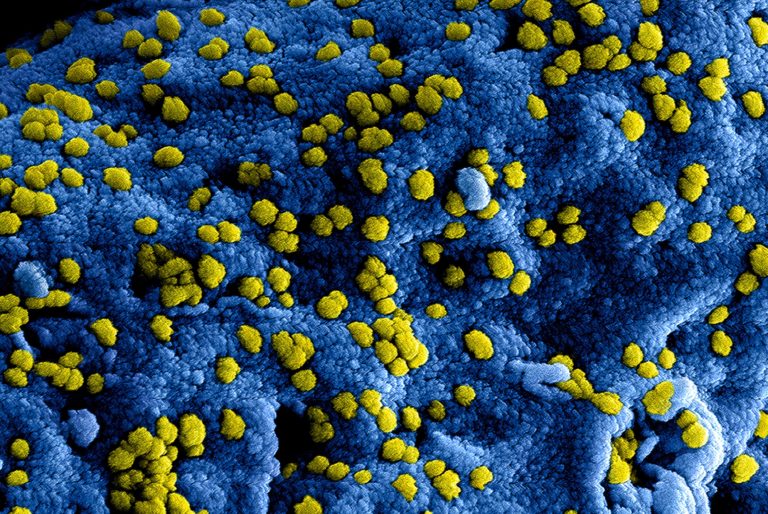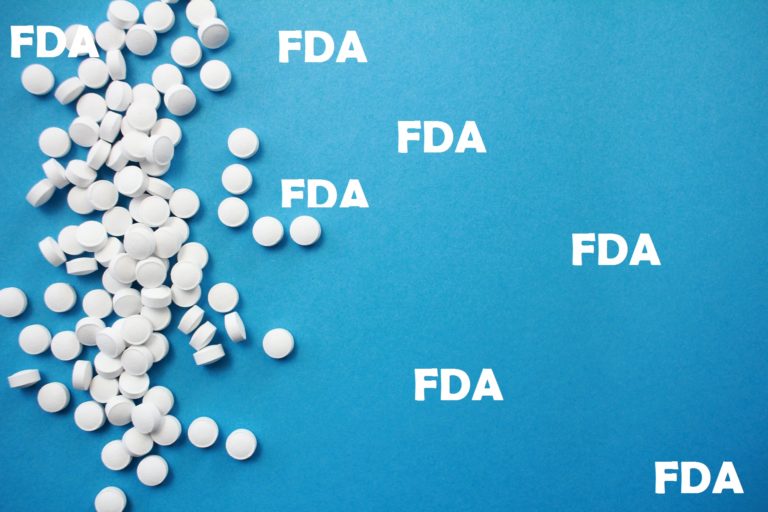June 08, 2020 “Chembio Diagnostics, Inc. (Nasdaq: CEMI), a leading point-of-care diagnostic company focused on infectious diseases, today announced it has received U.S. Food and Drug Administration (FDA) 510(k) clearance to market the DPP Zika IgM System.
The Chembio DPP Zika IgM System is intended for the presumptive qualitative detection of Zika virus IgM antibodies in human serum, potassium-EDTA plasma, potassium-EDTA venous whole blood, or fingerstick whole blood specimens, collected from individuals meeting the CDC Zika virus clinical criteria (e.g., a history of clinical signs and symptoms associated with Zika virus infection) and/or CDC Zika virus epidemiological criteria (e.g., history of residence in or travel to a geographic region with active Zika transmission at the time of travel, or other epidemiological criteria for which Zika virus testing may be indicated).
Additionally, this clearance represents the initial U.S. regulatory approval for the DPP Micro Reader. The DPP Micro Reader is a handheld portable analyzer that produces numerical results from Chembio DPP tests and is compatible with the entire portfolio of Chembio DPP tests.
The DPP Zika System, which includes the DPP Zika IgM Assay and DPP Micro Reader, detects IgM antibodies from a 10uL fingerstick blood sample and provides numerical results after 15 minutes of sample incubation and 15 seconds of test read time.
“Our DPP Zika System offers superior accuracy, rapid detection and the ease of use Chembio’s DPP point-of-care technology is known for. We are thankful for the support of BARDA in this development program and for their recognition of the value of our technology,” stated Rick Eberly, Chembio’s President and Chief Executive Officer.
“FDA clearance for our DPP Zika System represents two significant execution milestones, the initial clearance for our DPP Micro Reader in the U.S. and expansion of our testing menu. We appreciate the critical support and guidance provided by the FDA first through Emergency Use Authorization and then through 510(k) clearance which allowed us to deliver tests to the market quickly and continuously during a time of need.”
Funds used to develop the system included $5.9 million awarded in a previously announced contract with the Biomedical Advanced Research and Development Authority (BARDA), part of the Office of the Assistant Secretary for Preparedness and Response at the U.S. Department of Health and Human Services (HHS).
About Chembio Diagnostics
Chembio is a leading point-of-care diagnostics company focused on detecting and diagnosing infectious diseases, including COVID-19, sexually transmitted disease, and fever and tropical disease. The company’s patented DPP technology platform, which uses a small drop of blood from the fingertip, provides high-quality, cost-effective results in approximately 15 minutes. Coupled with Chembio’s extensive scientific expertise, its novel DPP technology offers broad market applications beyond infectious disease. Chembio’s products are sold globally, directly and through distributors, to hospitals and clinics, physician offices, clinical laboratories, public health organizations, government agencies, and consumers. Learn more at www.chembio.com.










